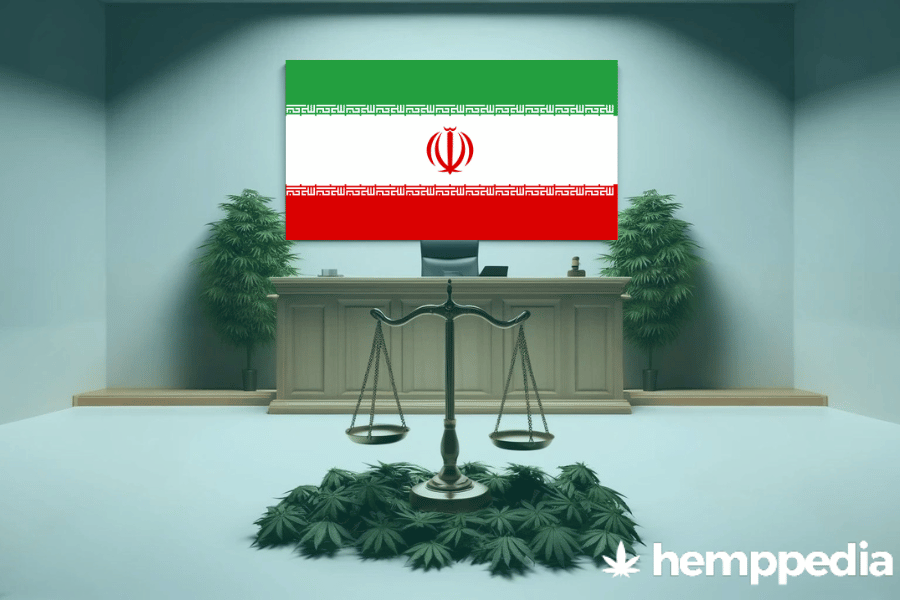TL;DR
In Iran, cannabis use is considered illegal, whether for medical or recreational purposes. This includes all cannabis derivatives such as THC and CBD. As such, possession, cultivation, and distribution of cannabis can result in severe penalties. Policies are currently strict with little indication of change in the near future.
| Medical Use | Recreational Use | |
|---|---|---|
| THC | Illegal | Illegal |
| CBD | Illegal | Illegal |
Introduction
As global attitudes towards cannabis begin shifting towards decriminalization or outright legalization, it’s important for individuals to understand the specific stances of different countries. Iran, with its strict anti-drug legislature and high execution rate for drug offenses, takes a particularly hard stance on cannabis use.
Overview of Cannabis Legislation
“Legalization” typically implies that the government has sanctioned the use of a substance. “Decriminalization” refers to the removal of criminal charges for a substance, although penalties may still apply. “Medical use” of a substance refers to its use in treating various health conditions, under the supervision of a health professional. “Recreational use” means usage primarily for personal enjoyment. It’s worth noting that cannabis laws worldwide are varied, and Iran follows a zero-tolerance approach, with severe penalties for both recreational and medical use.
State-Specific Legal Details
Legal Status
In Iran, cannabis and all its by-products including THC and CBD are viewed as illegal substances. The laws do not make a distinction between medical and recreational use. Use and possession of cannabis can lead to punishment including jail time. (source)
Historical Context
Cannabis, once used for traditional and medicinal purposes in ancient Persia, has been under prohibition for several decades in modern Iran. Iran has some of the harshest drug laws in the world, which have been in effect since 1997.
Possession and Use
Possessing, using, or trafficking in drugs, including cannabis, can result in lengthy prison sentences and heavy fines. Cannabis use is not allowed in any form, in any location.
Cultivation and Distribution
Cultivation, production, and distribution of cannabis are all considered illegal activities punishable by law.
Enforcement and Penalties
Enforcement of cannabis prohibition is strict, and penalties range from fines to imprisonment. In extreme cases, death penalties can occur for drug trafficking offenses.
Medical Cannabis
There are presently no provisions that allow for the medical use of cannabis in Iran.
Social and Economic Impact
The strict enforcement of drug laws has led to a significant population of prisoners serving for drug offenses. For example, in 2015, about 5,300 people were executed for drug offenses, a number greater than 73% of all executions globally.
Comparative Analysis
Iran’s stance contrasts with global trends. Most Western countries and some Middle Eastern nations are decriminalising or legalising cannabis to some extent.
Future Outlook and Ongoing Debates
Despite limited debates regarding the potential medical benefits of cannabis and the high social cost of strict drug laws, Iran’s stance on cannabis remains largely unchanged.
Conclusion
Cannabis remains strictly illegal in Iran, with severe penalties for those found possessing, using, or distributing it. Even as other regions worldwide soften their approach to drug use, Iran’s laws remain stringent, and there’s no foreseeable change in sight.





